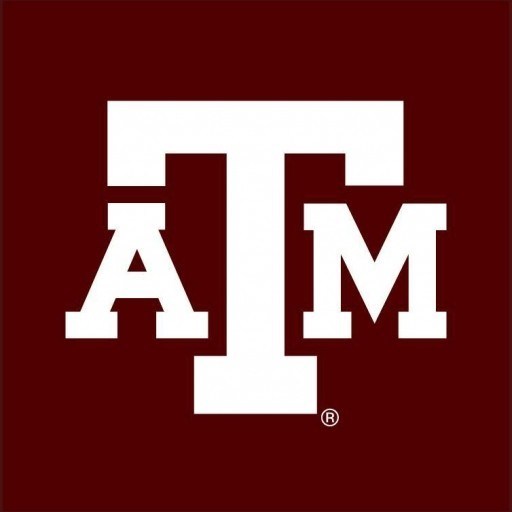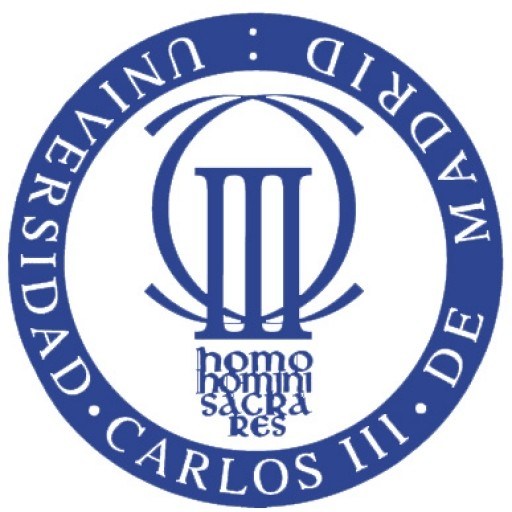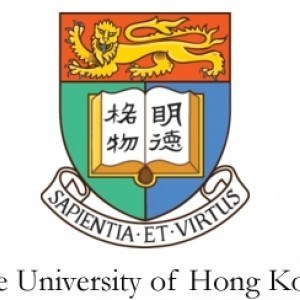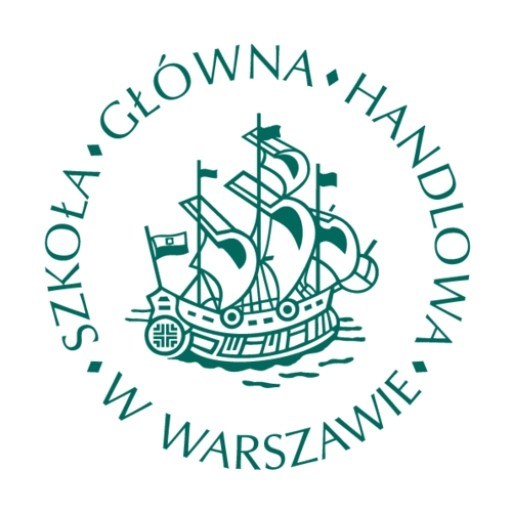Photos of university / #unimelb
The Master of Decision, Risk and Financial Sciences at the University of Melbourne is a comprehensive postgraduate program designed to equip students with the advanced knowledge and practical skills necessary to excel in the dynamic fields of decision-making, risk management, and financial analysis. This innovative degree combines rigorous coursework in quantitative methods, financial theory, and risk assessment with real-world applications, preparing graduates to navigate complex financial environments and contribute meaningfully to industries such as banking, insurance, investment, consulting, and corporate finance. Throughout the program, students engage with a diverse range of subjects, including financial modelling, statistical analysis, data analytics, and decision theory, facilitated by experienced academic staff and industry experts. The curriculum emphasizes a blend of theoretical understanding and practical application, incorporating case studies, simulations, and project-based learning to ensure students develop critical thinking and problem-solving abilities. Additionally, the program offers opportunities for internships and networking with professionals, fostering valuable industry connections. With its flexible delivery options, including full-time and part-time study modes, students can tailor their learning experience to fit their career goals and personal commitments. The Master of Decision, Risk and Financial Sciences aims to produce graduates who are not only proficient in quantitative techniques but also capable of applying them strategically to manage uncertainty and make informed financial decisions. Upon completion, students will be well-prepared to pursue leadership roles in risk management, financial consultancy, quantitative analysis, or further academic research. The University of Melbourne's reputation for academic excellence and its strong ties to industry ensure that graduates of this program are highly regarded in the competitive global marketplace.
Our key areas of study include:
- Individual decision-making: Experimental investigation of the neurobiology of decision-making and learning (decision neuroscience), with a focus on decisions in the presence of risk (e.g., extreme events) and complexity (e.g., combinatorial problems); human-robot interaction in financial decision-making (e.g., robo-advisors).
- Group decision-making: Experimental investigation of decision-making and learning in small groups.
- Financial markets: Experimental investigation of decision-making in financial markets (experimental finance), e.g.: emerging intelligence through markets; dark markets; algorithmic trading; human-robot interaction in markets; combinatorial double-sided markets.
- Development of software: online double-sided markets platform; app development with interactive games/tools needed to overcome cognitive biases.
PhD candidates are expected to publish their research in leading peer-reviewed academic journals. Significant resources are allocated to support a wide range of research activities including conference travel, study abroad and fieldwork. Candidates have the opportunity to apply for teaching appointments as part of their research training.
Successful candidates for the five-year doctoral program are first admitted into the coursework program Master of Commerce (Decision, Risk and Financial Sciences) (CRICOS 092761G). The coursework component consists of 200 points over two years. Students who complete the coursework at the required level will proceed to the PhD degree where they will complete the thesis, typically in three years.
YEAR ONE AND TWO MASTER OF COMMERCE (DECISION, RISK AND FINANCIAL SCIENCES)
Note: The Program Director may approve some credit or exemption into the course depending on academic background.
Students must take all of the following core subjects:
| Foundations of Finance | Credit Points: 12.5 |
| Basic Econometrics | Credit Points: 12.5 |
| Introduction to Optimisation | Credit Points: 12.5 |
| Knowledge Technologies | Credit Points: 12.5 |
| Microeconomics | Credit Points: 12.5 |
| Molecular and Cellular Neuroscience A | Credit Points: 12.5 |
| Mind, Brain & Behaviour 1 | Credit Points: 12.5 |
| Experimental Methods | Credit Points: 12.5 |
| Statistical Machine Learning | Credit Points: 12.5 |
| Econometrics | Credit Points: 12.5 |
Elective subjects
Students must take two of the following subjects:
| Finance Theory - Investments | Credit Points: 12.5 |
| Neural Information Processing | Credit Points: 12.5 |
| Game Theory | Credit Points: 12.5 |
| Brain Imaging and Neural Networks A | Credit Points: 12.5 |
| Algorithms and Complexity | Credit Points: 12.5 |
Lab rotation subjects
Students must take all of the following subjects:
| Lab rotation 1 (New Subject) | Credit Points: 12.5 |
| Lab rotation 2 (New Subject) | Credit Points: 12.5 |
Capstone Subject
Students must enrol in this subject in both Semester 1 and Semester 2 in their second year of study:
| Decision, Risk and Financial Science Research Report (New subject) | Credit Points: 12.5 |
YEARS THREE, FOUR AND FIVE DOCTORAL PROGRAM IN DECISION, RISK AND FINANCIAL SCIENCES
The final three years of the Doctoral program consists of PhD research and thesis writing.
The following are minimum entry requirements and do not guarantee entry:
- The equivalent of an Australian four year honours degree in an area that is relevant to the research degree being applied for, usually with a research component that accounts for at least 25% of the work at fourth year or master's level, OR
- a bachelor degree in a relevant or cognate discipline and a relevant postgraduate degree OR;
- a combination of qualifications considered by the University's Research Higher Degrees Committee to be equivalent to an Australian honours degree AND;
- Applicants are required to provide results of the GMAT/GRE; AND
- Current knowledge of the discipline in which the research degree will be undertaken, demonstrated by completion of tertiary studies and/or relevant professional experience in the 10 years prior to intended entry to the program.
Please note: Doctoral program applicants without any prior research training must complete a
25-point Research Report subject in the first year of the program in order to proceed to year 2.
Minimum Grade Point Average (GPA) requirements are:
| Master of Commerce – Actuarial Studies | H2B 70-74%* |
| Doctoral and PhD programs– all disciplines |
H2A 75-79%* |
*The equivalent of these grades at the University of Melbourne are required
RESEARCH PROPOSAL
All applicants are required to submit a research proposal, see below for specific program requirements:
| GMAT/GRE results | Research Proposal | |
|---|---|---|
| Accounting | GMAT | 100 word proposal as part of CV |
| Actuarial Studies | GRE |
1000 word research proposal |
| Decision, Risk and Financial Science | GMAT or GRE | 100 word proposal as part of CV |
| Economics | GRE | 100 word proposal as part of CV |
| Finance | GMAT or GRE | 100 word proposal as part of CV |
| Management & Marketing | GMAT or GRE |
1000 word research proposal |
ENGLISH LANGUAGE REQUIREMENTS
Applicants from countries where English is not the official language or the language of institutional instruction and assessment must provide evidence of English language proficiency.
| Doctor of Philosophy | Masters by Research | |
|---|---|---|
| IELTS | Overall 7.0 with 7.0 in writing No band lower than 6.0 |
6.5 No band less than 6.0 |
| TOEFL (paper-based) | 600 and 5.0 in Test of Written English (TWE) | 577 and 4.5 in Test of Written English (TWE) |
| TOEFL (internet-based) | 94, with writing 27; speaking 18; reading 13; listening 13 | 79, with writing 21; speaking 18; reading 13; listening 13 |
| TOEFL (computer-based) | Minimum score of 250 and score of 5.0 in the essay rating | Minimum score of 233 and score of 5.0 in the essay rating. |
| Pearson Test of English (Academic) | 65 and a written communicative skill of 65 and no other communicative skill below 50 | 58-64 inclusive and no communicative skill below 50 |
Scholarships
All applicants made an offer of a place in a graduate research program are offered a AUD$30,000 stipend (full-time only).
The Master of Decision, Risk and Financial Sciences at The University of Melbourne is a specialized postgraduate program designed to equip students with advanced knowledge and practical skills in decision-making, risk management, and finance. This program aims to prepare graduates for careers in financial analysis, risk assessment, and decision support in various industries, including banking, investment, insurance, and consulting.
The curriculum combines rigorous theoretical foundations with practical applications, ensuring that students gain a comprehensive understanding of financial theories, quantitative methods, and decision analysis techniques. Core subjects typically include financial mathematics, risk modeling, investment analysis, decision theory, and statistics, alongside electives that allow students to tailor their studies to specific interests such as behavioral finance, financial engineering, or quantitative risk management.
The program is suitable for individuals with a background in mathematics, economics, or related fields who wish to deepen their expertise in financial decision-making processes. It also emphasizes the development of critical thinking, analytical skills, and strategic planning abilities essential for managing complex financial and risk-related challenges in a global context.
Students benefit from access to state-of-the-art facilities, including advanced computer labs and specialized financial software, and are often engaged in real-world projects and case studies. The program is delivered by experienced faculty members who are experts in finance, risk management, and decision sciences, ensuring that students receive high-quality instruction grounded in current industry practices.
Graduates of the program are well-positioned to pursue professional certifications such as the CFA (Chartered Financial Analyst) or FRM (Financial Risk Manager) and often find employment in top financial institutions, consulting firms, or government agencies. The university's strong industry links and emphasis on practical skills facilitate networking opportunities, internships, and job placements upon graduation.
Overall, the Master of Decision, Risk and Financial Sciences offers a rigorous educational experience that combines theoretical knowledge with practical application, preparing graduates to excel in dynamic and complex financial environments across the world.










